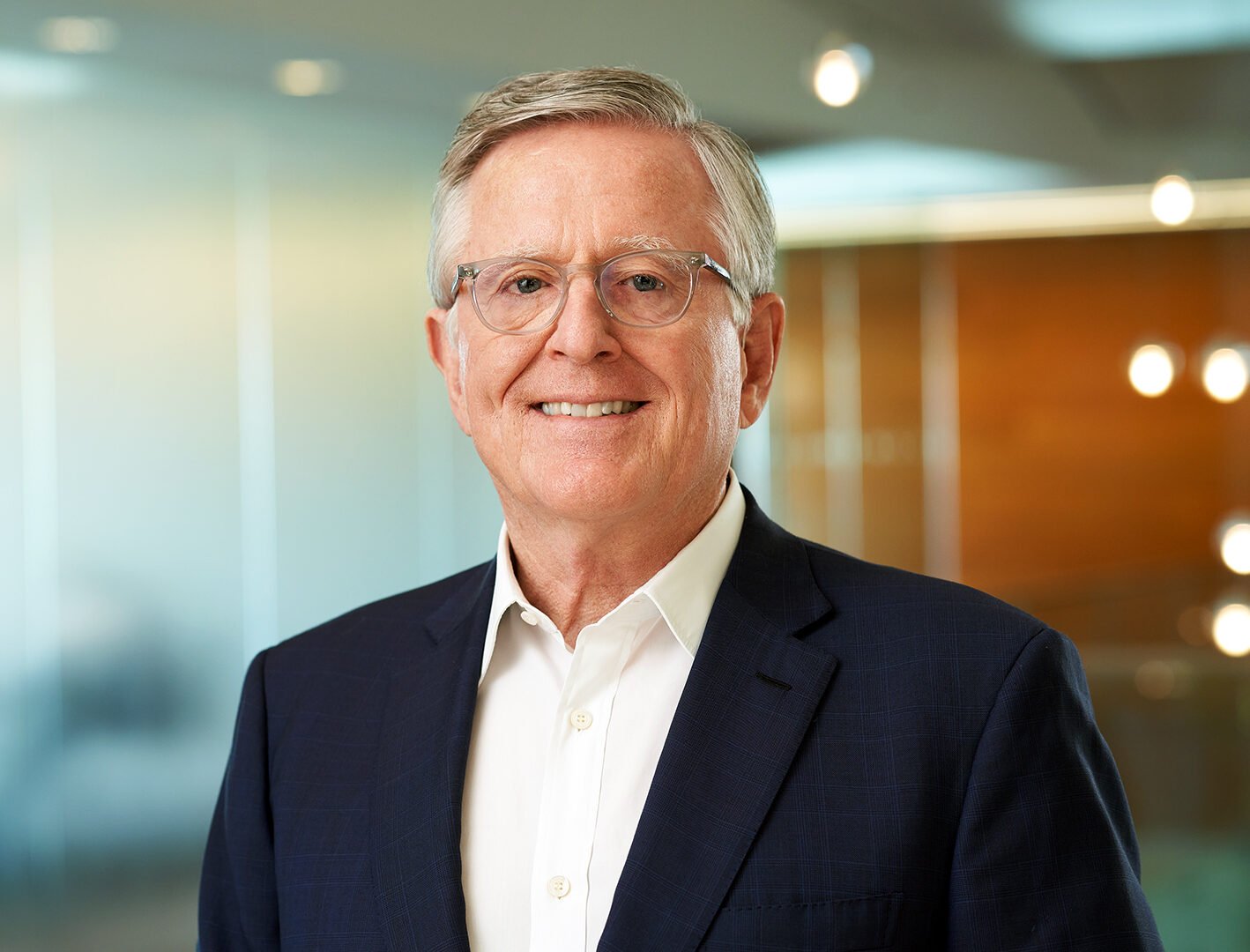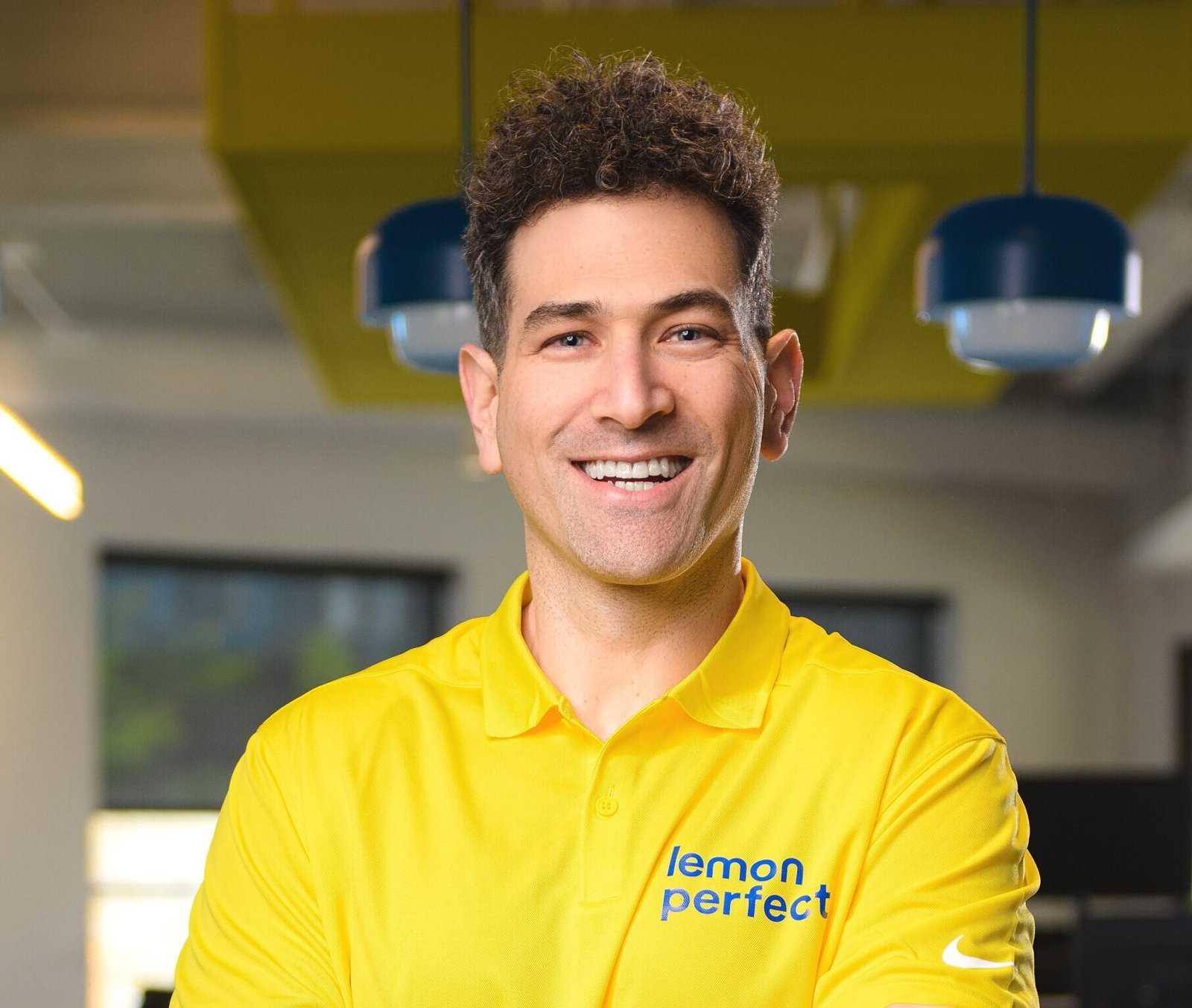I recently went one-on-one with Bradley Tusk. Bradley is the co-founder and CEO of Tusk Venture Partners, the first and only VC firm investing solely in early-stage startups in highly regulated industries. Bradley is also the founder of political consulting firm Tusk Strategies.
Adam: Thanks again for taking the time to share your advice. First things first, though, I am sure readers would love to learn more about you. How did you get here? What experiences, failures, setbacks, or challenges have been most instrumental to your growth?
Bradley: I took a very untraditional route into VC, starting my career in politics. By working in city politics (Mike Bloomberg’s campaign manager, for Mike at City Hall, for the NYC Parks Department out of college, and for Philadelphia Mayor Ed Rendell while in college), in state government (as the Deputy Governor of Illinois) and federal government (in the US Senate as Chuck Schumer’s Communications Director), I learned how regulations get done and how laws get made. I used that knowledge to help run all of the campaigns in the early days to legalize Uber and ridesharing across the US. That worked. Did it again to help get CLEAR into airports. That worked. Met my partner Jordan Nof. And based on the thesis that truly understanding regulatory risk and being able to do something about it could make you a better venture investor, we raised our first fund in 2016.
I had a ton of failures — in politics, you lose campaigns, you support bills that fail, you support policies that get rejected, you fail constantly. It was good training for early-stage VC and in many ways, early-stage startups and political campaigns are similar. They have a lot of energy and excitement. Usually a big goal (elect someone or build and exit a company). A charismatic leader. So it was good training for what I do now.
But to be clear, I continue to fail all of the time and that continues to be instrumental to my growth. In 2021, I launched a SPAC that ultimately failed. I started a telereligion company that failed. I ran Andrew Yang for Mayor of NYC and he lost. It’s not like failure came early and then stopped. It’s continual. It’s the only way to do meaningful things.
Adam: What are the best lessons you have learned from your work in politics?
Bradley: People are self-interested in whatever field they’re in. Politicians all pretend that they’re only in it for the public good but typically, these are the most insecure people you’ll ever meet. Holding office fills a hole in their psyche, makes them feel like they’re special, and they will never, ever risk that just to do the right thing. That’s why politicians constantly get re-elected and so little gets done. I learned that in all fields; you have to understand the underlying motivations for why someone is doing something, what they really want and need, and how to make sure that they can get what they want by you getting what you want. That’s true in business. It’s true in tech. It’s true in all walks of life. Politics is a rough business but it’s a great field guide to human nature.
Adam: What do you look for in companies you invest in? What advice do you have for fellow investors and for entrepreneurs?
Bradley: We look at all of the same stuff as every early-stage VC — the TAM, the founder, the underlying idea, and tech. But then we ask two questions that are unique to us: is there a gating regulatory issue or opportunity that if it were solved, could really drive growth and valuation, and if so, can we solve it? If the answer is yes to both (for example, we invested in FanDuel and helped legalize fantasy sports betting; we invested in Lemonade and helped them get licensed in states; we invested in Ro and helped legalize prescription via text) — and if everything else checks out — then we invest. Our approach to venture is very specific and niche but when I meet a founder who doesn’t take regulation seriously or thinks that just because they have a high IQ and a great academic pedigree and have raised money, they know everything about everything (trust me, you know nothing about politics), I’m out. Know what you don’t know.
Adam: What do you believe are the defining qualities of an effective leader?
Bradley: Character. Consistency. Transparency. Honesty. Willingness to accept responsibility and admit when you’re wrong. Hard work. Leading by example. Caring about your employees. Having a vision and having the courage to stick to it when others are panicking. Recognizing that you only succeed when everyone succeeds. Recognizing that some people are toxic and have to be recognized and cut out as quickly as you can. Being willing to fail and hating it but still doing it anyway.
Adam: How can leaders and aspiring leaders take their leadership skills to the next level?
Bradley: I teach business school and you can read all the books you want and take all the classes you want about leadership, but at the end of the day, it’s about human interaction. If you know how to deal with people, how to listen to them, how to talk to them, how to understand what they want and need and how to reconcile that with what you want and need, then you will likely be a good leader. If you can show humility and honesty and self awareness in your day to day interactions, you will likely be a good leader. If you can develop the right values so you understand that what truly matters are relationships and fulfillment, not money and status, you will likely be a good leader. The kind of leader you are is a direct reflection of the kind of person you are.
Adam: What are your three best tips applicable to entrepreneurs, executives, and civic leaders?
Bradley: The world is not carved in stone. If you want to see it change, go make it change. Volunteer. Run for office. Start new companies. Donate money. Voice dissent. Challenge conventional wisdom. Shape the world rather than just trying to game it and succeed in it by someone else’s standards. Things happen because you make them happen and if you fail, it’s not because the world is conspiring against you, it’s because you got something wrong. Get up, learn from it, and try again. There’s no grand plan for you. Your life is what you make of it so if you want it to be meaningful. If you want it to be memorable, take risks, know you’re going to fail a lot and go make things happen.
Adam: What is your best advice on building, leading, and managing teams?
Bradley: Understanding people. You can’t build and run a good team, long term, based on fear or even on vision and charisma. You do it by understanding what your team cares about, what they need, and who they are as individuals. You do it by forging relationships, showing respect, but also making your own decisions and explaining the logic behind them. There are no hacks to leading or managing. It’s just about putting in the time and effort.
Adam: What are your best tips on the topics of sales, marketing, and branding?
Bradley: Everything is sales. Every time you want to convince anyone of anything — to buy something, to try something, to adopt an idea, to consider a point of view — that’s sales. It’s inherent in everything we do. But the best sales isn’t over the top marketing and branding and bombarding people with your arguments. It’s understanding what people want and need and why what you have to offer fits into that. Know your audience and make sure that what you want to sell them fits. If it doesn’t, it’s not that there’s something wrong with them. It’s that you need to rethink the approach.
Adam: What is the single best piece of advice you have ever received?
Bradley: I was once in the bullpen at City Hall, eavesdropping on a conversation between my boss Mike Bloomberg and another staffer. He was explaining his underlying theory for philanthropy and life in general, which was that when you help others, it makes you feel good about yourself in a way nothing else can do — better than all the yachts and mansions and planes you can buy, better than all the followers on Instagram, all the articles about you, and all of the things that society traditionally tells you to focus on.
The greatest ROI for your own good, the greatest way to make yourself happy, is to live a meaningful life, to try new things, to go out of your way to help other people. It’s not about accumulation of accolades or money or status or attention. It’s about feeling good about yourself, about feeling peace and contentment with who you are on a sustained basis. That can never be external.









